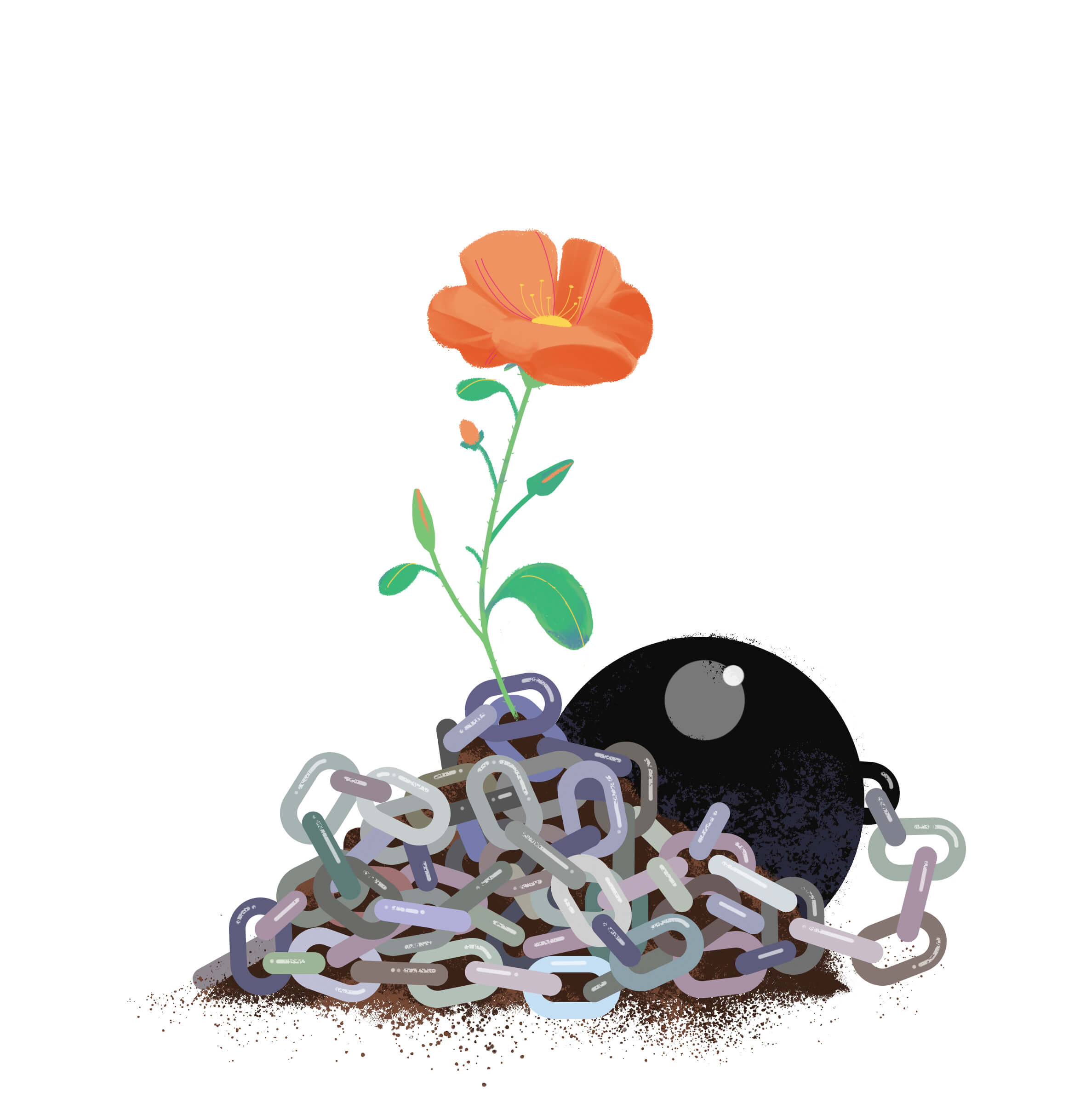Wanted: the word that will stop global warming
Illustration for a piece by Martijn van Calmthout on The Volkskrant (most of the copy below is translated from his piece).
Looking for compelling insights that can really kick-start climate action in the NL, David van Reybrouck talks about climate change as a colonial problem in the Huizing Lecture in Leiden (also in English on YTube)
“Humankind is taking over the coming century with the same ruthlessness, greed, and shortsightedness with which continents were usurped in ancient times.”
Reybrouck sees climate change as a temporal form of colonialism: more precisely, we rob the future of the generations after us, or even our future selves.
He advocates for citizens organising, which circumvent politics and its electoral short-sightedness. Ordinary people, he believes, are concerned about (their) children and the world, while politicians will only make short lived promises before the next elections.
Journalist Eva Rovers makes a similar plea for citizen climate councils. She puts forward her to do list to Minister Jetten of Climate and Energy, including new and interesting forms of democratic decision-making. The Netherlands, Rover also notes, likes to use big words, but is not preparing much in this area. In fact, the state had to be forced through the courts to comply with its own emission agreements.
Tom Middendorp, an ex commander in the army force himself, makes a big U turn, at least in his book: the military, he admits, is one of the most polluting agent we know (as if we needed more reason to dislike the sector).
Jaap Tielbeke of the Groene Amsterdammer and Philosopher and essayist Ton Lemaire in Tegen de tijd have similar anticapitalist views: “If people cannot free themselves from the growth compulsion of capitalism, inequality will increase, the rich will become richer, violence will increase and humanity will not survive or survive with great difficulty on a devastated earth.”
What do we do?
Client:
De Volkskrant



